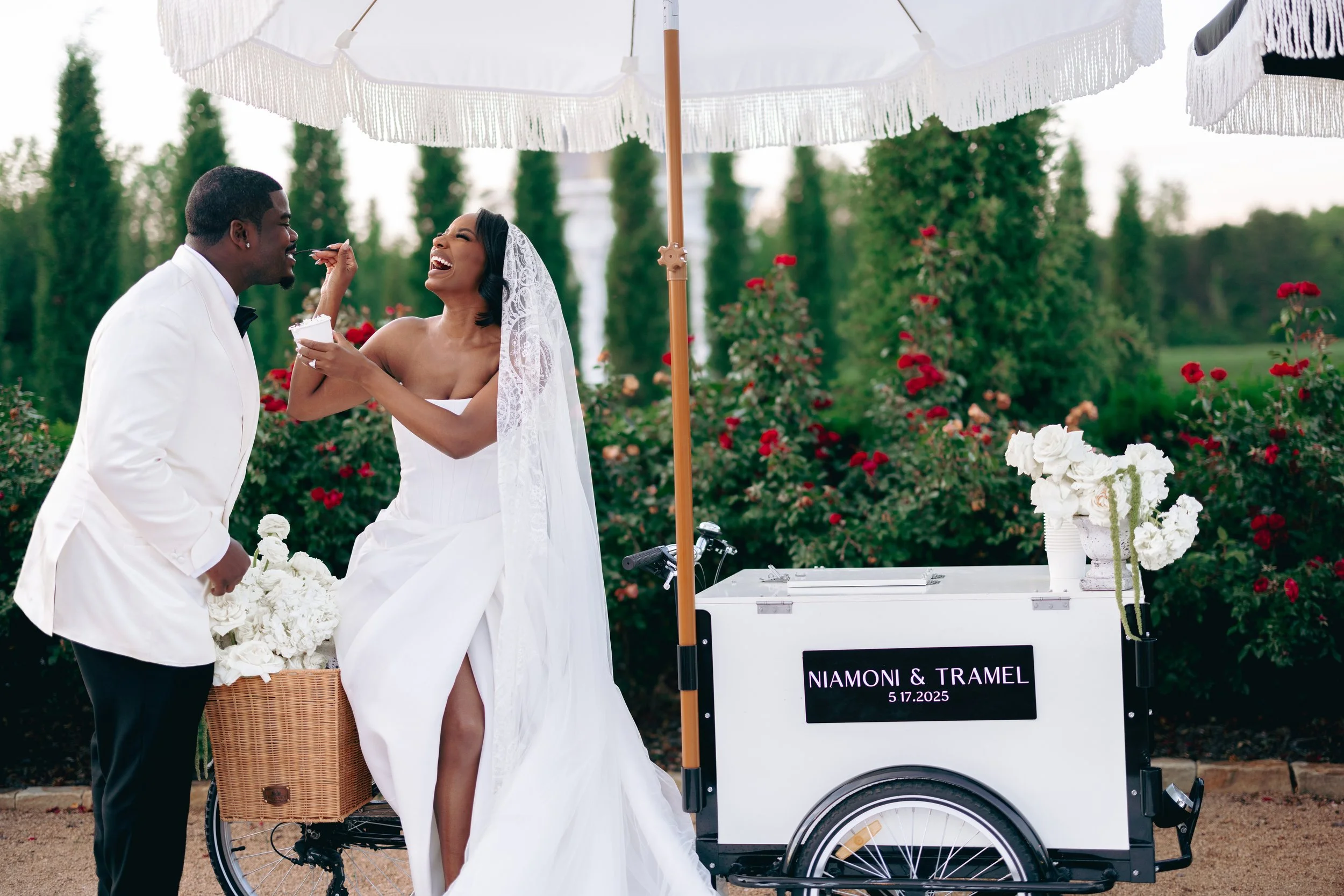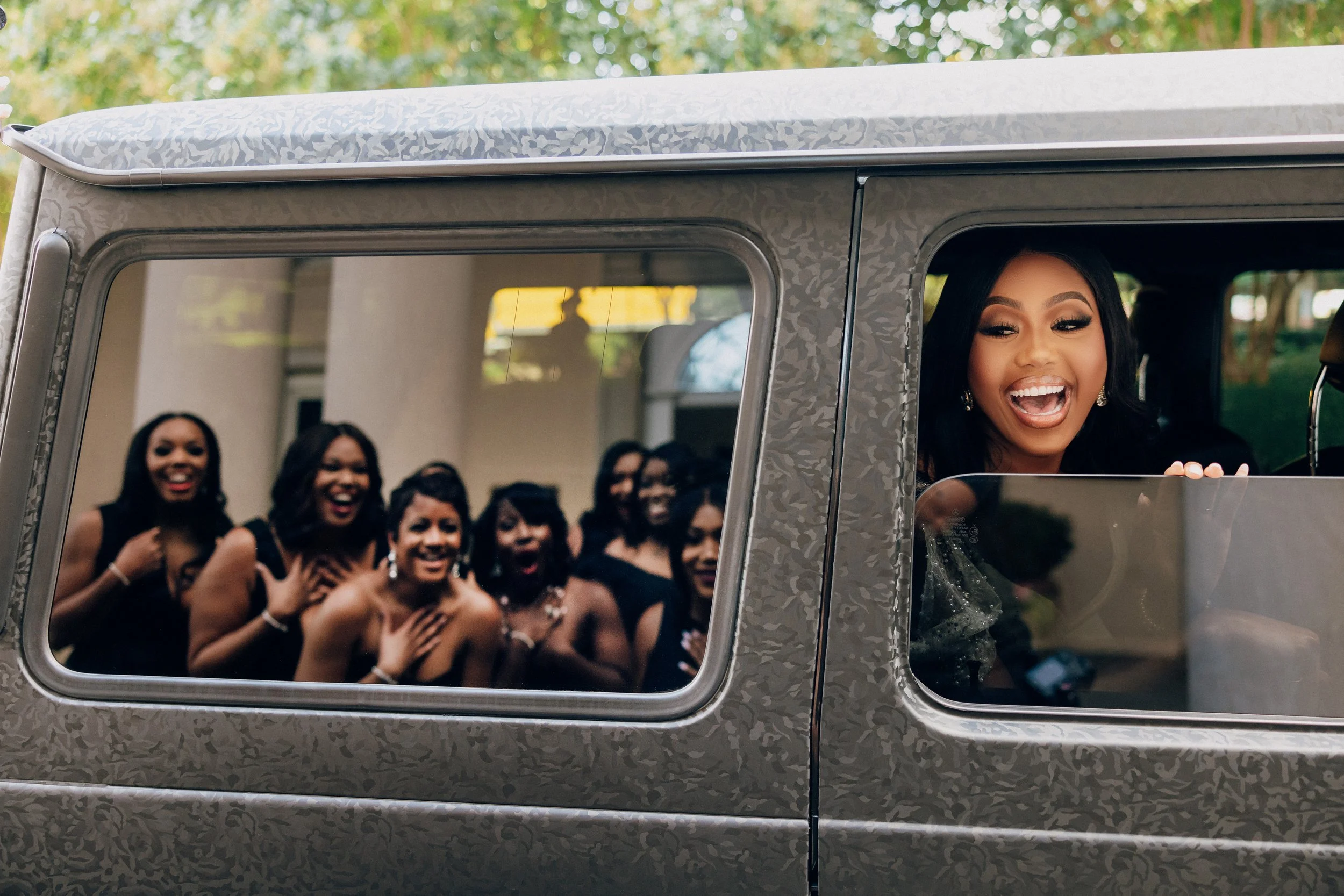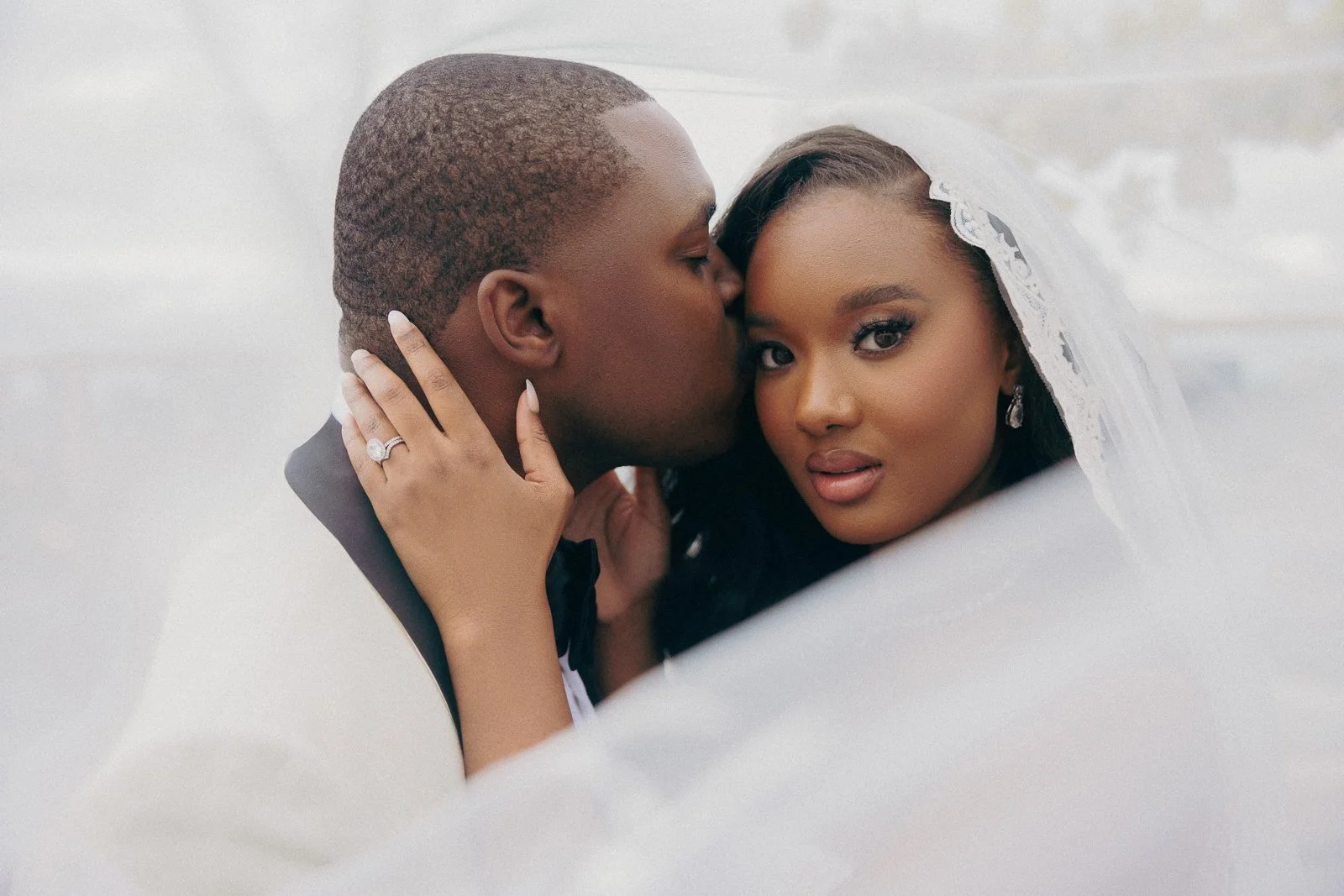Black Wedding Photographer
The wedding industry is a multi-billion dollar industry that includes everything from wedding planners and venues to florists, caterers, and photographers. As a black wedding photographer, you may face unique challenges and experiences within this industry.
One of the challenges you may face is a lack of representation and visibility within the industry. Historically, the wedding industry has been predominantly white, which can make it difficult for black wedding photographers to establish themselves and gain recognition for their work. This lack of representation can also extend to the types of weddings and couples that are featured in wedding publications and blogs, which can further marginalize black couples and photographers.
Despite these challenges, being a black wedding photographer can also be a rewarding and fulfilling career. You may have the opportunity to work with diverse couples and capture unique cultural traditions and celebrations. Your presence in the industry can also help to increase representation and visibility for black photographers and couples.
To navigate the industry as a black wedding photographer, it's important to create a style for yourself, network with other industry professionals, seek out mentorship and support from other black photographers, and prioritize self-care and boundary-setting to protect your mental health and wellbeing. It's also important to advocate for yourself and assert your worth and value as a skilled professional in the industry.
Overall, it's important for black wedding photographers to be confident, persistent, and committed to their craft. With hard work, dedication, and support from the community, black photographers can make a significant impact in the wedding industry and beyond.
Why Being a Black Wedding Photographer Is an Amazing Position in the Wedding Industry
The wedding industry is one of the most dynamic, diverse, and creative spaces in the world. Every couple’s story is unique, and the artistry that goes into capturing those stories has endless possibilities. Being a Black wedding photographer in this landscape isn’t just about taking beautiful photos. It is about carrying a perspective, culture, and presence that adds depth, authenticity, and inspiration to the industry as a whole.
Representation Matters
Couples of all backgrounds want to feel seen and understood. For Black couples in particular, working with a Black wedding photographer can be an empowering and affirming experience. It is not just about cultural similarities. It is about trust, relatability, and knowing that their story will be honored in a way that feels authentic. Representation allows couples to see themselves in the images and the industry at large, encouraging more diversity in the types of love stories being told.
Bringing a Unique Cultural Lens
Every photographer has a lens shaped by personal experiences. For Black wedding photographers, that perspective often means a deeper understanding of traditions, nuances, and cultural celebrations that might be overlooked by others. Whether it is recognizing the rhythm of a lively reception, knowing how to anticipate key family dynamics, or understanding the significance of certain rituals, these insights elevate the work. It is about capturing not just the visuals, but the heartbeat of the moment.
Breaking Barriers and Inspiring Others
Historically, the wedding industry like many creative industries has not always been inclusive. To be a Black wedding photographer today is to stand in a powerful position of progress. Every wedding captured is another step forward in breaking stereotypes, widening access, and creating space for future generations of Black creatives to thrive. Aspiring photographers get to see someone who looks like them achieving success, which can be the spark that launches their own careers.
Building Community and Connection
Many Black photographers find themselves not just documenting weddings, but also building meaningful connections with their couples and communities. Weddings are intimate moments, and the shared cultural ties often create bonds that go beyond vendor client relationships. This level of connection enhances the creative process. It is easier to capture raw, authentic love when the people in front of the lens feel safe and understood by the person behind it.
Elevating the Narrative of Black Love
Perhaps one of the most rewarding aspects of being a Black wedding photographer is the opportunity to celebrate and document Black love on the grandest stage. Too often, mainstream media underrepresents these stories. Through photography, Black wedding photographers are rewriting the narrative. They are showing the beauty, elegance, and timelessness of Black couples in a way that the world needs to see.
A Seat at the Creative Table
Finally, being a Black wedding photographer today means being part of an ever expanding creative table. More publications, brands, and platforms are recognizing the importance of diversity and the unique artistry that comes with it. This creates opportunities not just for individual growth, but for influencing the industry as a whole. It shapes trends, aesthetics, and conversations that define what modern weddings look like.
Closing Thoughts
For me personally, being a Black wedding photographer is not only about my career. It is about my passion for love itself. I believe love is the most powerful story we can tell, and every wedding gives me a chance to honor that story through my lens. I am grateful that couples trust me to preserve some of the most important moments of their lives. To be able to capture joy, tears, laughter, family, and connection in a way that feels timeless is a gift I do not take lightly.
What excites me the most is knowing that these images will live far beyond the day itself. They will become part of a family’s legacy, passed down for generations. That is the power of photography, and that is why being a Black wedding photographer in this industry is such an amazing position to be in. It allows me to celebrate love in all its forms while also contributing to a more inclusive, diverse, and inspiring wedding world.












































































